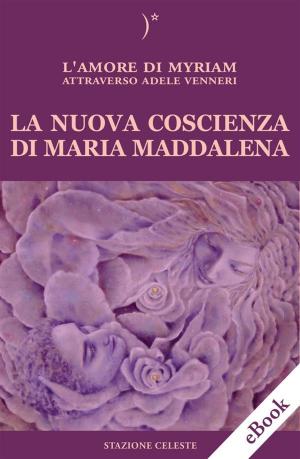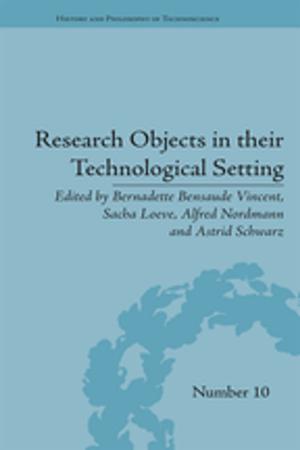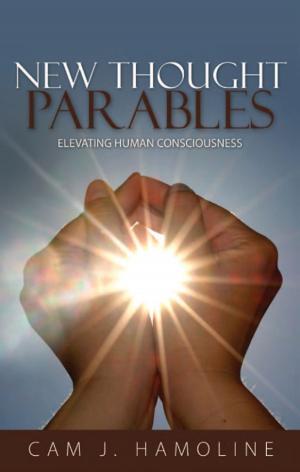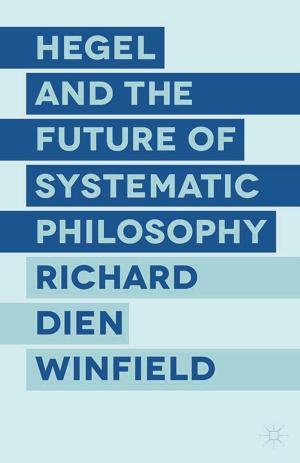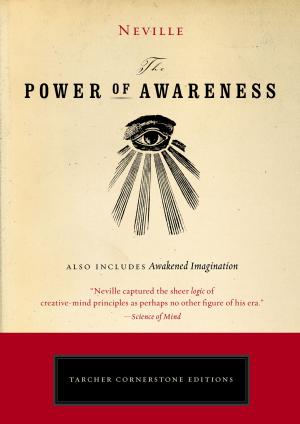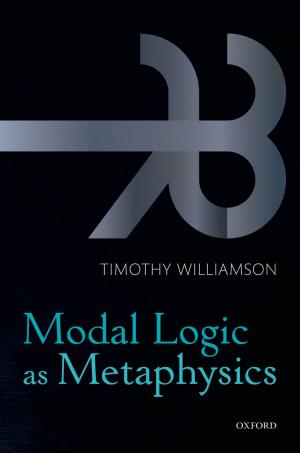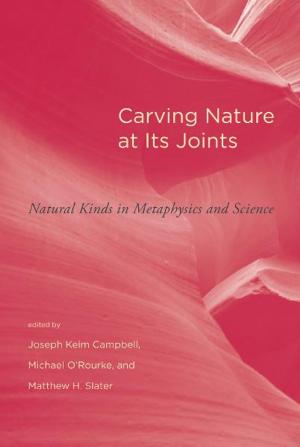Descartes in Relation to Cicero, Peirce, and Ryle
Nonfiction, Religion & Spirituality, Philosophy, Epistemology, Metaphysics| Author: | John Blom | ISBN: | 9781370478392 |
| Publisher: | John Blom | Publication: | December 13, 2017 |
| Imprint: | Smashwords Edition | Language: | English |
| Author: | John Blom |
| ISBN: | 9781370478392 |
| Publisher: | John Blom |
| Publication: | December 13, 2017 |
| Imprint: | Smashwords Edition |
| Language: | English |
This work contains three essays. The first examines Descartes’ formulation of skepticism in light of Cicero’s Academica. The second and third essays develop my text-based critiques of the assaults on Descartes’ mind-matter dualism by, respectively, the American Pragmatist philosopher, C.S. Peirce, and the British philosophical behaviorist, Gilbert Ryle.
In the first essay, parallels are drawn between the skeptical positions of the New Academy and the skeptical stance taken by Descartes, particularly in the “First Meditation”. Areas of agreement and disagreement with the Stoics concerning the nature and mark of truth are discussed. Also discussed are the difficulties of defining material objects on the basis of the senses, as well as the difficulties, particularly important to Descartes, in formulating a response to the Cyrenaics who challenged any claim to know the nature and existence of the purported external bodies from which sense appearances are held to proceed.
The second essay suggests that Peirce, by sidestepping the difficulties in identifying a firm criterion for distinguishing types of substance, and hence for definitively distinguishing mind and matter, fails to enunciate a ground from which Cartesian mind-matter dualism can be proved in error. We are left, as so much of the tradition after Descartes leaves us, with the impression that somehow the Cartesian notion of matter ought to be reanimated and our notion of the mental rendered more material. However worthy such a project might be, there has also been a tendency to be diverted from it by concerning ourselves with a notion of the ‘transcendental’ that purports to contrast anything we can think about, including mind and matter, with what is beyond all representation. I suggest that even Peirce may give into this tendency and that, in any case, such a strategy would be anathema to Descartes.
In the third essay, I turn to Gilbert Ryle’s attempt to discredit a view he claims hails from Descartes and still informs and infects even purportedly scientific approaches to the mind-body relationship. His aspiration seems to be that, instead, some sort of genteel behaviorism, not too troubled by concerns with neurophysiology, etc., will become the new paradigm. The payoff for exposing Ryle’s radical misunderstanding of the argument for dualism is that it returns our attention to inescapable issues that Descartes took seriously regarding how what otherwise might be the sheer mechanism of matter or the course of thought can come to affect one another. Attention is given to Descartes’ view of free will so radically misunderstood and misrepresented by Ryle.
This work contains three essays. The first examines Descartes’ formulation of skepticism in light of Cicero’s Academica. The second and third essays develop my text-based critiques of the assaults on Descartes’ mind-matter dualism by, respectively, the American Pragmatist philosopher, C.S. Peirce, and the British philosophical behaviorist, Gilbert Ryle.
In the first essay, parallels are drawn between the skeptical positions of the New Academy and the skeptical stance taken by Descartes, particularly in the “First Meditation”. Areas of agreement and disagreement with the Stoics concerning the nature and mark of truth are discussed. Also discussed are the difficulties of defining material objects on the basis of the senses, as well as the difficulties, particularly important to Descartes, in formulating a response to the Cyrenaics who challenged any claim to know the nature and existence of the purported external bodies from which sense appearances are held to proceed.
The second essay suggests that Peirce, by sidestepping the difficulties in identifying a firm criterion for distinguishing types of substance, and hence for definitively distinguishing mind and matter, fails to enunciate a ground from which Cartesian mind-matter dualism can be proved in error. We are left, as so much of the tradition after Descartes leaves us, with the impression that somehow the Cartesian notion of matter ought to be reanimated and our notion of the mental rendered more material. However worthy such a project might be, there has also been a tendency to be diverted from it by concerning ourselves with a notion of the ‘transcendental’ that purports to contrast anything we can think about, including mind and matter, with what is beyond all representation. I suggest that even Peirce may give into this tendency and that, in any case, such a strategy would be anathema to Descartes.
In the third essay, I turn to Gilbert Ryle’s attempt to discredit a view he claims hails from Descartes and still informs and infects even purportedly scientific approaches to the mind-body relationship. His aspiration seems to be that, instead, some sort of genteel behaviorism, not too troubled by concerns with neurophysiology, etc., will become the new paradigm. The payoff for exposing Ryle’s radical misunderstanding of the argument for dualism is that it returns our attention to inescapable issues that Descartes took seriously regarding how what otherwise might be the sheer mechanism of matter or the course of thought can come to affect one another. Attention is given to Descartes’ view of free will so radically misunderstood and misrepresented by Ryle.



